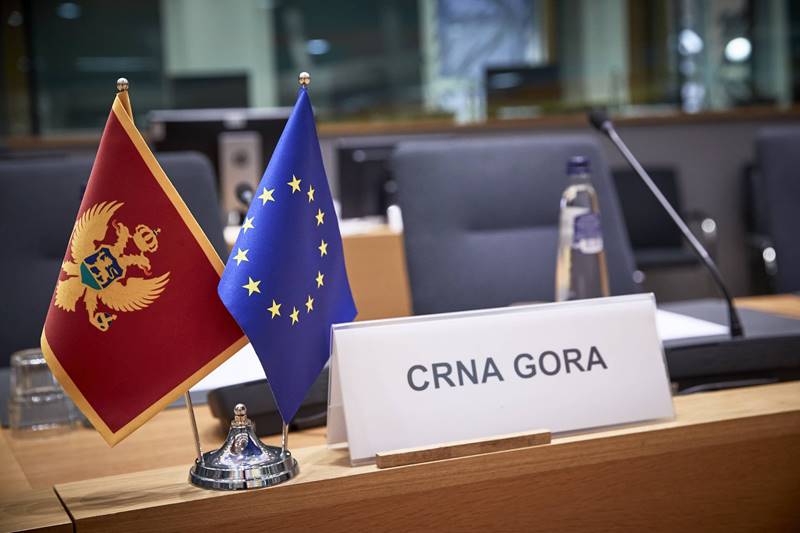

In 2024, Montenegro strengthened its bid to join the EU in 2028, but also opened Pandora's box, which only multiplied the obstacles along the way.
Montenegro has the most reason to be happy this year with the formal progress in its EU accession talks. Three intergovernmental conferences were held, at which the country received the Interim Benchmark Assessment Report (IBAR) for the chapters related to the rule of law as a prerequisite for closing the other chapters, and then three were closed, the day before the Council Conclusions. The Conclusions contain even more reasons for satisfaction – encouragement to complete the ambitious plan to close all chapters by the end of 2026; if this reform tempo persists, the Council would initiate the preparations for the drafting of the accession treaty.
Regionally and formally, Montenegro is still in the best position to join the EU first. However, one big BUT remains. Regardless of the initial estimates that ten chapters could be closed this year, the roadmap, after the European Commission's assessment, has predicted four for 2024. One remained open, the chapter related to foreign policy, after Croatia voted against its closure. Apart from the fact that this means that already in the first year for which it was planned that the least number of chapters would be closed, we are late and have not fulfilled the set goal, there are a number of reasons why Croatia was provoked to do this.
The deterioration of relations has brought a whole series of open issues between the two countries to the forefront. Although one can talk about the triggers for this veto (such as the Resolution on Jasenovac adopted in June), the problem is of a deeper nature and the direct blockade of the closure of one chapter is more of a message about the inappropriate and unacceptable value framework of the parliamentary majority. Croatia has chosen to send this message in the most painless possible way, by blocking one chapter, while leaving room for the fulfilment of the agenda. But the improvement of relations between the two countries will not depend only on the fulfilment of the 10 conditions that Croatia sent in a non-paper to the Montenegrin Ministry of Foreign Affairs (including the withdrawal of the aforementioned Resolution on Jasenovac), but also on the true character of the government, which is currently made up of pro-Russian parties.
Moreover, there is the already demanding agenda and roadmap specifying that in the next twenty months (as the reforms must be implemented before the end of 2026 due to the binding procedure) 27 negotiating chapters would be closed, 20 of them alone in 2026. The Council itself reminds us of the "implementation of key judicial reforms and, adopting a new strategic framework, and finalising a number of pending judicial appointments, through transparent and merit-based procedures". Just a day after Montenegro provisionally closed three chapters, the parliamentary Constitutional Committee, in violation of the procedure defined by the Constitution, made a conclusion on retiring three judges of the Constitutional Court and thereby blocking its work, and thus bringing the legal system into a state of uncertainty and insecurity with the absence of conditions for holding elections. Essentially, politics has won again and no matter how anyone interprets what happened, there is no strengthening and building an independent judiciary in sight.
Either way, the stakes are high, hence the increasing pressure on the Government to move away from right-wing parties, undemocratic practices, and build consensus on issues that will lead us to the EU. The sooner this happens, the greater the chances that we will actually join the EU in 2028, which has been the dream of many Montenegrin generations.